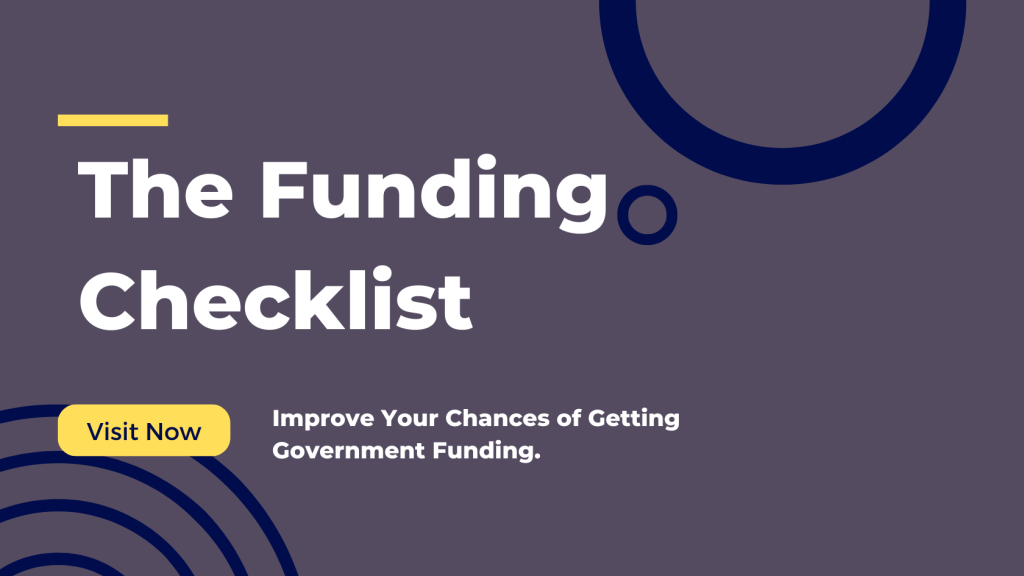Access Your PEI Government Funding Checklist
Navigating the realm of government funding in Prince Edward Island (PEI) is made easier with the PEI Government Funding Checklist. This tool is designed to provide a clear and straightforward pathway for small business owners in PEI to access the necessary funding through various government programs. You can quickly obtain this valuable resource by clicking the link below, which will take you to the main article page for more detailed information.
PEI Government Funding Checklist Overview
For entrepreneurs and small business owners in PEI, understanding the nuances of government funding is crucial, especially in today’s economic climate. The Canadian and provincial governments offer substantial funding opportunities to foster business growth, job creation, and the entrepreneurial spirit within PEI.
However, navigating the process of obtaining government funding can sometimes be complex and opaque.
Key Aspects of the Checklist
The PEI Government Funding Checklist focuses on four essential elements to enhance your success in securing government funding:
- Developing a Robust Business Plan: Essential for clarifying your business vision and strategy.
- Identifying Funding Needs: Understanding the financial requirements of your business.
- Initiating the Funding Search: Knowing where and how to look for suitable funding opportunities.
- Navigating Funding Applications: Guidance on completing applications effectively to increase approval chances.
Despite seeming straightforward, over 80% of applications for government funding fail due to deficiencies in these areas.
Comprehensive Guidance
The downloadable checklist delves into each of these four critical areas, providing detailed guidance to help you circumvent common pitfalls and successfully navigate through funding challenges.
Access the Checklist Now
For instant access to the PEI Government Funding Checklist and to begin your journey towards securing funding for your small business in PEI, simply click the link below:
Click here to download the Funding Checklist
This checklist is an invaluable tool for any small business owner in PEI looking to take advantage of the funding opportunities available through the Canadian government.





Recent Comments